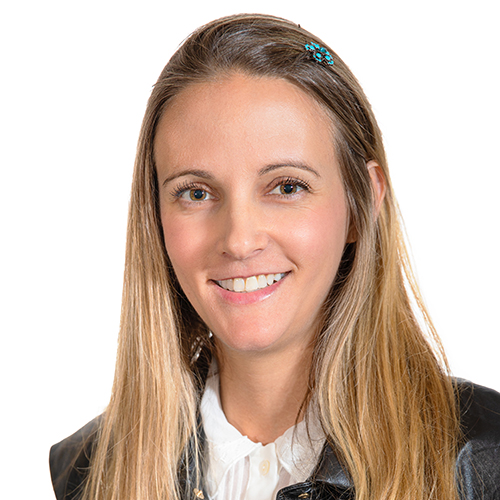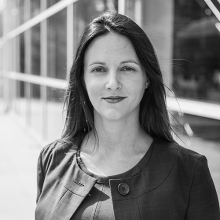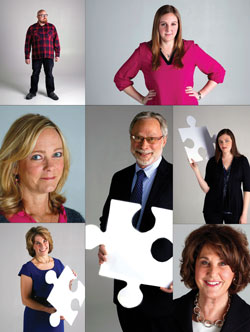ABA Journal Highlights Successes of IAALS Out-of-Court Divorce Model
In its effort to highlight the paradigm shift in how law is being practiced, the ABA Journal recently reported on the IAALS model for a less adversarial, out-of-court divorce process and the first implementation of this model at the University of Denver, known as the Resource Center for Separating and Divorcing Families.
While a comprehensive, three-year evaluation of the Resource Center is underway by IAALS, anecdotes from families who have proceeded through the process show that it is succeeding. According to one participant, "Even though there's some antagonism and anger and all these emotional feelings wrapped up with a failed marriage, [the Resource Center] made it tolerable to go through." Another commented: "What we didn't want was for it to be adversarial, and I didn't want it to be piecemeal. But aside from that, we really wanted a place my kids could go."
Approximately 200 families have entered the Resource Center during its first year and a half in operation and, according to Executive Director Melinda Taylor, "[these cases] are not languishing . . . most of our families are done within 90 to 120 days."
There are, however, still critics of this approach, with concerns over the appropriateness of the process for certain families and the importance of counsel for those facing significant legal issues. IAALS Executive Director Rebecca Love Kourlis notes that screening mechanisms for domestic violence, substance abuse, and child abuse are key aspects of an out-of-court process. Furthermore, says Kourlis, the numbers of self-represented litigants in our nation's family courts paint a reality in which it is "no longer responsible to say everybody should have a lawyer.”
Legal aid doesn't provide funding for divorce litigants, and a number of people don't want a lawyer because they believe it will fan the flames in their divorce.
Resource Center participant Pamela Robinson felt as if not having a lawyer in the process was a benefit:
I could see where this could get ugly if we were in court and represented by people battling for us, rather than having two people who were advocates for both of us and for the family.
While most of the families who have come to the Resource Center have not had legal representation, the out-of-court model does not preclude representation by an attorney.
The ABA Journal describes the paradigm shift that the IAALS model presents as "a holistic approach that is gathering interest among some law theorists who note that many so-called legal problems are not solvable solely by the legal profession." Indeed, the many families who continue therapeutic services at the Resource Center after having a final orders hearing highlight the multi-disciplinary, and longer-term needs of separating and divorcing families.
IAALS is seeking to replicate this non-adversarial, interdisciplinary process in community and universities around the country within the next five years.
Rebecca Love Kourlis and Melinda Taylor also joined the ABA Journal for a podcast, where they discussed their desire to change the way people approach the divorce process. Click here to listen to the podcast.



